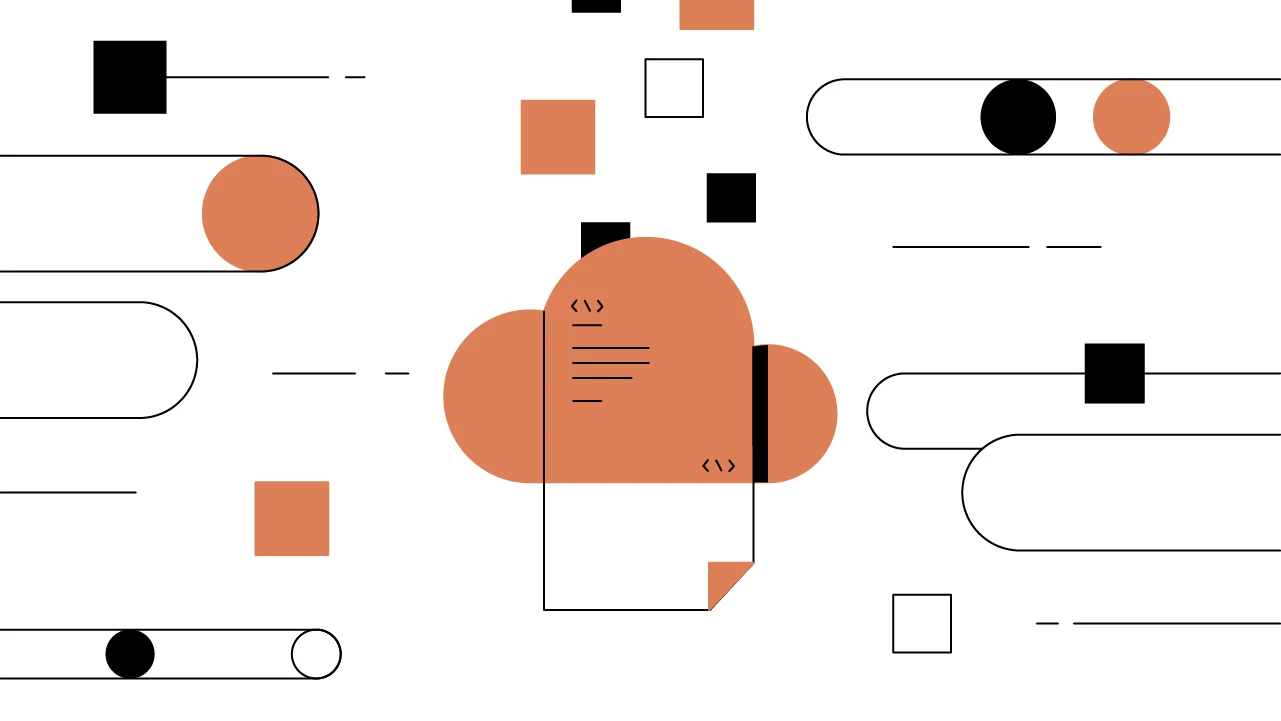Contents
NKN: A New Kind of Internet Network
New Kind of Network tokenizes network connectivity and data transmission capacity via its open-source protocol for P2P decentralized networks.
Updated February 23, 2022 • 3 min read

Summary
The New Kind of Network (NKN) model is built around a public blockchain wherein NKN nodes are incentivized to share internet connectivity and network bandwidth. NKN offers a growing suite of decentralized applications (dApps) and features, including its nConnect data storage and multifunctional nMobile app. The NKN mainnet is designed to be a low-latency, high-bandwidth data transmission network with low barriers to entry for network participants and dApp developers alike. NKN offers a suite of developer tools in an array of programming languages and the unique feature of on-demand private networks via its DDTNs. Nearly 100% of NKN’s more than 100,000 active nodes are run by community members and powered by mining incentives, and the project has achieved a significant level of decentralization and community involvement.
What is NKN? Introducing a New Kind of Network
New Kind of Network (NKN) is an open-source protocol for peer-to-peer (P2P) networks. The NKN model centers on a public blockchain that tokenizes network connectivity and data transmission capacity. In other words, NKN focuses on decentralizing network resources in the same way that Bitcoin and Ethereum decentralize computing power and InterPlanetary File System (IPFS) and Filecoin decentralize storage.
The NKN blockchain is constantly evolving, from its base architecture down to its growing array of offerings. At present, NKN offers four main end user features:
nConnect: The nConnect protocol enables secure remote access to user private data and personal files. The system leverages encryption and an immutable ledger to protect user data.
nMobile: Available on iOS and Android, this mobile app includes multiple components. In particular, its decentralized chat and wallet integration are designed to enable secure communication and non-custodial token storage.
dataRide: The dataRide feature provides resources and technical documentation to streamline the creation of decentralized applications (dApps). It also includes template modules and a framework for creating custom modules and dApps.
Global ID: Global ID streamlines access to the growing NKN crypto ecosystem of dApps and services. The protocol incorporates a unique NKN address to make it simple to find users and applications when you need them most.
The NKN crypto network is underpinned by its native utility asset, NKN. The NKN coin enables holders to transact in digital asset transfers and pay for data transmission resources on the network. As of November 2021, there were over 100,000 active NKN nodes located across 71 countries, and its product line is continually growing.
The Multi-Protocol NKN Crypto Consensus Process
Consensus on the NKN blockchain is achieved via Proof of Relay (PoR), a unique iteration of Proof of Work (PoW) wherein the rewards a node receives depend on its providence of network connectivity and data transmission power. NKN’s novel PoR aims to improve upon PoW mining systems, which the team sees as wasting resources in a race for hash power. In contrast, NKN network participants receive rewards by contributing more network resources than they consume.
The “mining” involved in the NKN crypto protocol refers to sharing computer hardware for network connectivity and the relaying of data. The system competition between NKN nodes is modeled to eventually drive the system towards a low latency, high bandwidth data transmission network. With PoR, NKN has created an alternative to the current PoW mechanism by providing a more dynamically evolving, self-organizing network infrastructure that incorporates multiple blockchain protocols.
NKN Nodes and Decentralized Data Transmission
The NKN mainnet also introduces the concept of the Decentralized Data Transmission Network (DDTN), which combines multiple independent and self-organized relay NKN nodes to provide clients with connectivity and data transmission capability. The primary function of the DDTN is to transmit any data to any node/client without any central server. In this way, DDTNs can be thought of as on-demand decentralized networks consisting of NKN full nodes and light nodes.
Developer-Friendly Features of the NKN Blockchain
NKN mitigates many developer onboarding concerns by removing technical barriers from its developer solutions. For example, the NKN blockchain supports programming in a variety of the most popular languages available, including JavaScript, Golang, C++, Java, Python, and iOS/Android languages.
Additionally, NKN provides dApp developers with a networking toolkit to help build dApps in a quick and easy manner. DApp developers can focus on the ideas and innovation, user experience (UX), and business logic without needing to wade through multiple blockchain protocols and identity and security providers. NKN consolidates these components into an end-to-end system. Developers can use the NKN blockchain ecosystem to host their dApps, store data, and set up messaging and payments systems, while users can personally own their identity and data, with built-in self-incentivized mechanisms to maximize the network effect and bootstrap a community.
The Future of the NKN Network
The NKN mainnet is designed to effectively address three pieces of infrastructure needed to implement Web3 en masse: computing, storage, and networking. Further, NKN is working towards achieving a decentralized peer-to-peer system that contributes to the efficiency, sustainability, and security of blockchain-based distributed systems. By establishing economic incentives that motivate internet users to utilize unused bandwidth and share network connections, NKN is contributing to the decentralized restructuring of the internet to help make it more secure and open, while also allowing its users to retain ownership and control over their data.
Cryptopedia does not guarantee the reliability of the Site content and shall not be held liable for any errors, omissions, or inaccuracies. The opinions and views expressed in any Cryptopedia article are solely those of the author(s) and do not reflect the opinions of Gemini or its management. The information provided on the Site is for informational purposes only, and it does not constitute an endorsement of any of the products and services discussed or investment, financial, or trading advice. A qualified professional should be consulted prior to making financial decisions. Please visit our Cryptopedia Site Policy to learn more.

Is this article helpful?


